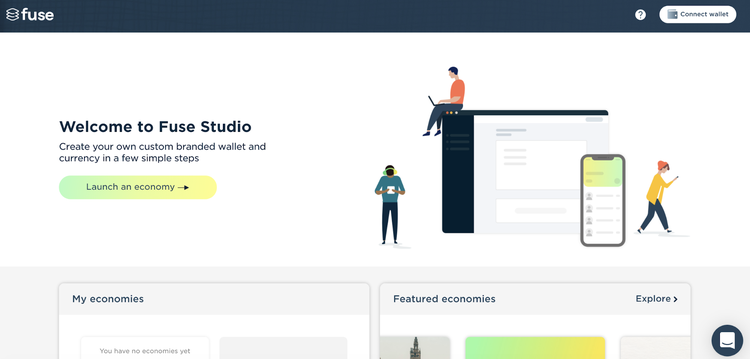One of the most important innovations that blockchain technology has ushered is widespread, permissionless tokenization. The introduction of Token Issuance as a Service, delivered by an array of whitelabel blockchain projects, has enabled businesses to tokenize in just a few clicks. As a result, tokens can be issued for employee rewards, customer loyalty schemes, user incentivization mechanisms and much more.
Tokens can now serve as broad-use or application-specific currencies, identifiers of other digital objects, stand-ins for real-world assets, and even tools for voting. Those uses roughly correspond to so-called native, utility, non-fungible, security and governance tokens. Hybrid solutions also abound and, undoubtedly, many new kinds of tokens are sure to be invented.
This Cambrian explosion of token types creates interesting business opportunities that are begging to be explored – but choosing the right platform for tokenizing your business requires careful thought. Not all Token Issuance as a Service platforms are created equal.
Tokenization Made Easy
The best-known and most popular blockchain for tokenization remains Ethereum with its set of ERC standards. However, for all its popularity, there are serious limits to what using Ethereum for tokenization allows a business to do at scale. First, Ethereum transactions tend to be expensive, and can become prohibitively so when the network is congested. Approaches are being developed to mitigate Ethereum’s cost and scalability problems but they are still largely in their infancy.
Aside from Ethereum, there is a host of other crypto networks such as Tezos, Cosmos, Solana, Algorand and Zilliqa that enable token issuance. They are, however, less battle-tested than Ethereum, and have a smaller developer community. This is what makes blockchain platforms that are interoperable with Ethereum but more scalable a more attractive solution for tokenization.
One such platform is Fuse network. Its distributed proof-of-stake blockchain has more than 70 validators securing it and, crucially, has a cross-chain bridge with Ethereum. This allows users to easily transfer tokens initially created on Ethereum to Fuse by locking them on the former and issuing their aliases on the latter.
The Tel-Aviv-based project, which launched in 2019, is particularly focused on crypto solutions for the mobile payments use cases. In addition to the Fuse chain, its other two key elements are the Fuse mobile wallet and Fuse Studio. Fuse network’s tools are highly customizable, enabling each business to create its own token model, wallet version and associated plugins. Credit card integration is available for fiat onboarding, while the Fuze Studio wizard greatly simplifies the initial creation of tokens on Ethereum. The most prominent projects developed on Fuse to date are the GoodDollar crypto basic income scheme and an app for impoverished communities called Wikibank.eu.
Other Token Creation Solutions
Another platform immediately usable by real-world businesses for building token economies is xDAI Chain. It also relies on cross-chain bridge technology for bringing other platforms’ tokens to it. Recently, it onboarded Gnosis from Ethereum’s main layer. Computation-heavy use cases like prediction markets are primary candidates for benefiting from chains that are interoperable with Ethereum. Finally, Axioms is another platform that offers Token Issuance as a Service for businesses.
Tokenization has never been easier in the crypto space thanks to platforms that automate the process of token creation and issuance. It is now up to businesses to find genuinely value-adding ways of integrating tokens, leveraging them to create greater brand loyalty, customer engagement and to bootstrap passionate communities.




